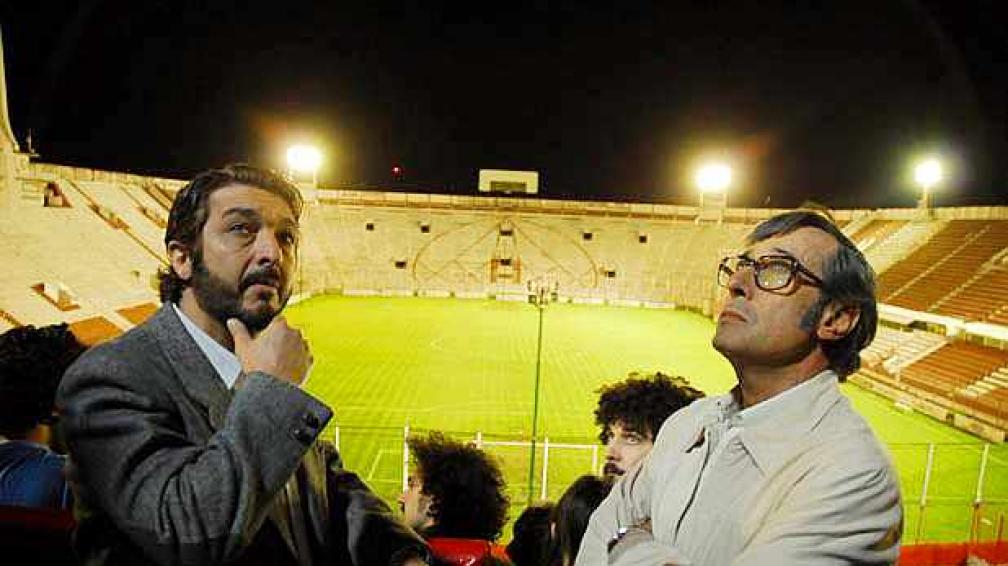
This list focuses on the Spanish-spoken film industry, so all the countries that have Spanish as their main language will enter in “competition”. Argentina, Mexico and Spain are the main countries and greatest contributors to the development of this film industry.
Contrary to the Italian film industry, for example, which “died” after 1980s, Spanish-spoken cinema had, after that period, an increase of quality in their films, with the appearance of more and more people who immensely contributed to the reputation of this film industry.
Although most of these movies are from Spain, it is noticeable that most of the modern films released and featured on this list are from Mexico or Argentina. Not that the Spanish movies aren’t important nowadays, but the talent and importance of Latin American films grew exponentially, providing great releases that became crucial to this industry after the 2000s.
Not only does the Spanish-spoken film industry have amazing classics, it also contains a great deal of recent films that became a landmark in their industry with most of them being recognized worldwide, receiving nominations or wins in important competitions, including the Academy Awards or Cannes Film Festival. Several films were considered, but only 30 could be chosen.
30. Los Santos Inocentes (Mario Camus, 1984)
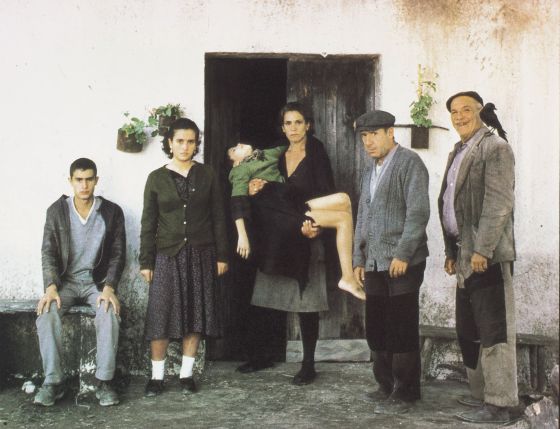
This is a movie that deals with poverty and all the problems attached to that issue. It is a release mainly incentivized by its amazing acting, which makes this release a mandatory one to feature on this list. I’m not saying the acting caliber is the only thing it has, but it is so superb that sometimes, the plot comes in second when analyzing the film.
It tells the story of a poor family working for a rich house. The servants aren’t very well treated and are always put in second place, not only regarding their opinions, but also their rights, such as their living conditions or basic welfare. The story is told in a series of flashbacks, from the perspectives of the mother and father.
More than just a movie, “Los Santos Inocentes” is a philosophical study on poverty, focusing on the gap between the rich and the poor and how the poor are treated. Camus’s directorial skills do the rest, with his attention focused on the patriarch of the poor family and his mentally retarded brother-in-law.
Also considered for these last places were “Marcelino pan y vino” (1955) by Ladislao Vadja, “Secretos del corazón” (1997) by Montxo Armendáriz and “Historias de la radio” (1955) by José Luis Sáenz de Heredia.
29. La caza (Carlos Saura, 1966)
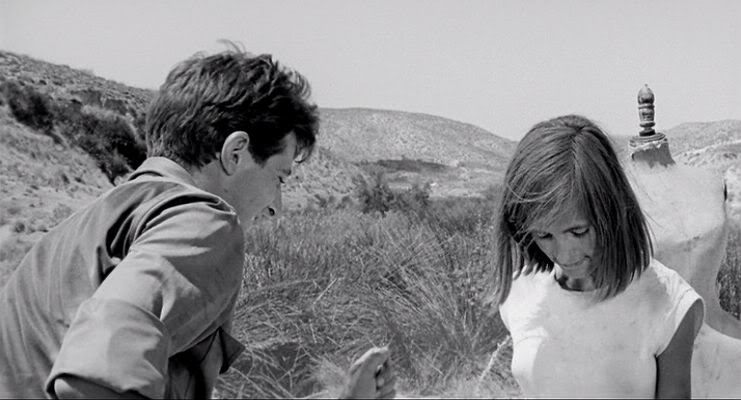
The most surprising thing about this movie is its main focus, which is the human condition and how humans react to situations of crisis and difficulty. It’s a thrilling movie and made Carlos Saura one of the most important Spanish directors of his time. The main aspect of this film is its “mystery” and how it hovers above its main theme.
The plot joins four friends, who have some bad blood with each other, in a rabbit hunt on one of the year’s hottest days, a prequel for what might happen in the near future. Although their problems aren’t big and are treatable with time and some willingness to improve, they have a sort of purpose in arguing with each other. After a very hot sunny day of fighting, their inner feelings come out to play with their dislike for one another playing a major role, ending in the most disastrous way possible.
“La Caza” is one of the list’s most underrated movies, and definitely a mandatory presence on a list of underrated movies, despite having earned some great awards. Still, it is seen by many directors as an inspiration for their careers. It’s unfairly placed on this list, but considering the film isn’t well known by most audiences, I think it’s fair to place it in this spot.
28. Ensayo de un Crimen (Luis Buñuel, 1955)
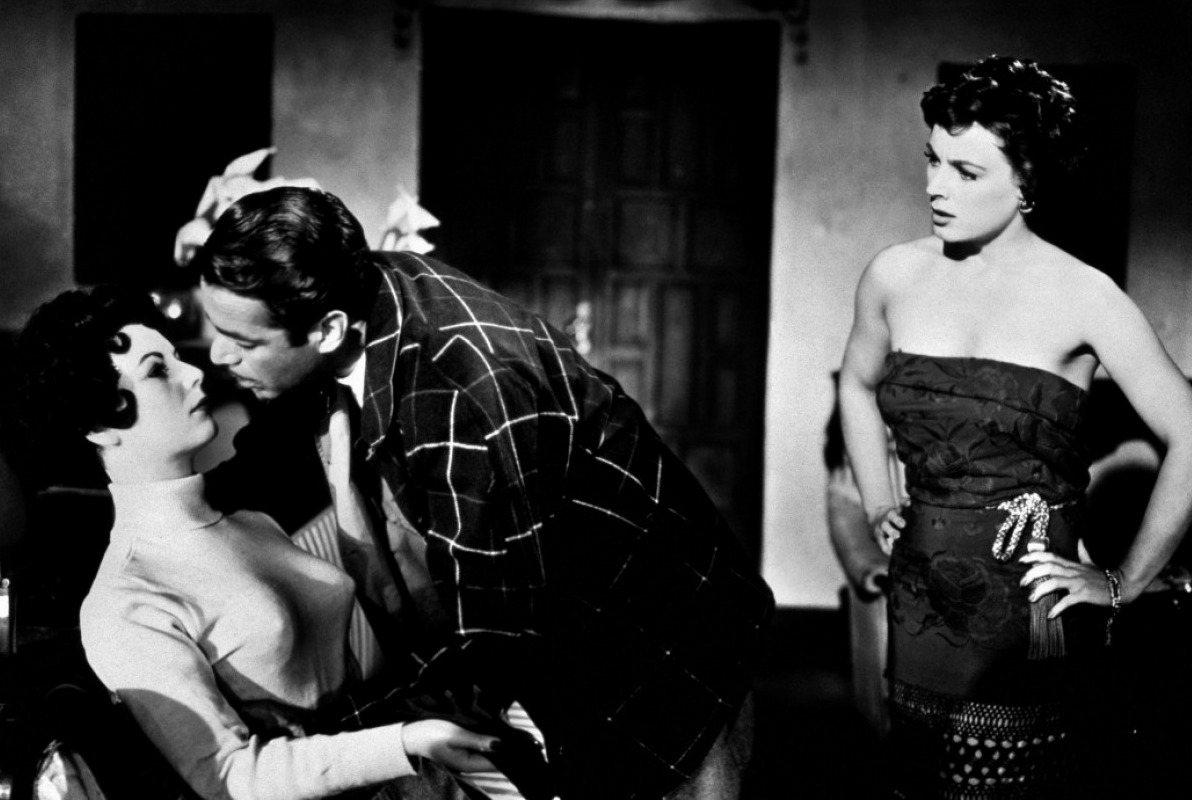
I was a bit undecided regarding the choice of film to place in this spot. Both “Él” and “Ensayo de un crimen” deal with psychology from a disturbed perspective. Both films are great, amazingly executed, directed, and written, but I chose this 1955 release for its diversity of styles, presenting drama and comedy, but also a tiny bit of thriller and mystery. For that reason, I decided to talk about both films. Perhaps my favorite of the two would be the one I chose to place on this list.
“Ensayo de un crimen” isn’t as sick as “Él”, despite its comparatively inferior acting overall. The storyline is sometimes considered to be better than the one in “Él”. This latter film deals with obsession and desperation, mainly from the husband’s point of view, while “Ensayo de un crimen” shows a more comedic approach of the mind of a “wannabe” serial killer, who fails constantly in reaching his ultimate goal, which is the perfect murder.
Both are highly admired by Spanish audiences and critics and although I chose “Ensayo de un crimen”, as the better one, I agree that “El” can show a much more complex and “deranged” storyline, mostly due to its great acting and skillfully written plot that exploits the inner soul of a jealous and obsessed husband.
Check also “El” (1953) by Luis Buñuel.
27. La Mala Educación (Pedro Almodóvar, 2004)
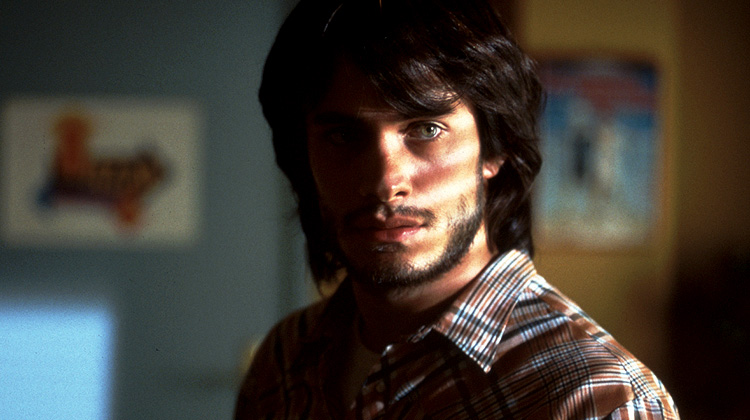
This is definitely one of Pedro Almodóvar’s most controversial films, opening and showing the world of homosexuality, represented by the love between two friends. It’s marked for its amazing performance by one of South America’s top actors, Gael García Bernal, and also for the personal mark it has for the director himself.
“La Mala Educación” tells the tale of two friends who, while attending a religious school, fell in love with each other. The movie experiences and shows the aftermath of sexual abuse in children and the dangerous consequences in their lives. One of the priests becomes heavily involved with one of the boys, with both suffering the consequences of the priest’s acts in the future.
The relationship between the two lovers is shown in a series of flashbacks, going backward and forward in time to tell that story. Yet, the movie contains something of a “mind-bender”, which will catch you off-guard and is only known after the one hour mark. For that reason, I can’t explore the storyline too deeply, as I don’t want to give away any spoilers.
Regarding the reception of the film, “La Mala Educación” is viewed by many as a classic of modern times, but others may see it as a flop. I’m in the middle, perhaps; I definitely wouldn’t consider it either a classic or a flop. I think it’s one of those movies that is highlighted by the actors’ performances, being the main reason for its success.
Although the plot presents a genial plot twist, it seems the plot could go a bit more overboard with the sexual abuse angle, making it a much more conveniently dramatic release.
26. La lengua de las mariposas (José Luis Cuerda, 1999)
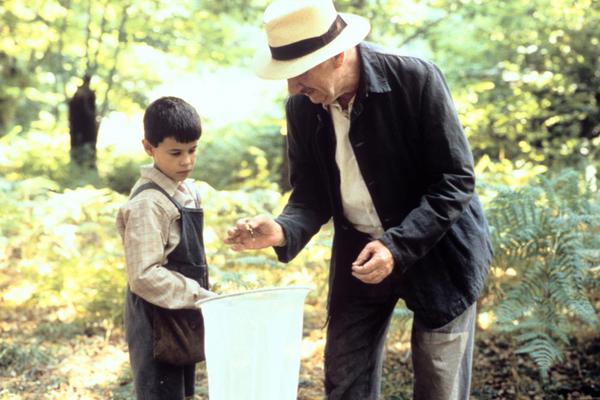
“La Lengua de las mariposas” is a film of contrasts; it is sweet and innocent, but also has a certain aura of tragedy that is achieved at the end with the child’s incomprehensible acts. Although I was disappointed with its ending, the film is quite well embellished by its innocence and sweetness, mainly portrayed by the relationship between “el Maestro” and Moncho.
Released in 1999, “La lengua de las mariposas” contains a certain unpolished beauty and sparkling magic that most of the “old” movies have, with a twist that is difficult to bear in the end. It occurs during the rise of the fascist and nationalist forces on Spanish soil. Its people are forced to adopt the “new nationalist” methods, and that is mainly observed in its shocking ending.
Moncho is a kid who wants to learn and improve his studies at school. His parents support him as much as they can, and he quickly builds a strong relationship with his teacher, Don Gregorio, otherwise known as “el Maestro”, who in turn builds a respectful relationship with the rest of Moncho’s family.
The teacher is different from the others, building a seemingly strong relationship with Moncho, teaching him the most important aspects of life and the beauty of nature. This film may also be seen as a movie of contrasts; it is innocent and sweet in most moments, but it also has an aura of cruelty impending the characters’ path, reaching its climax at the end.
It’s a tragic ending, mostly portrayed by Moncho’s tragic acts that despite being tragic, may symbolize the forced nationalist spirit imposed on the people.
25. Tesis (Alejandro Amenábar, 1996)
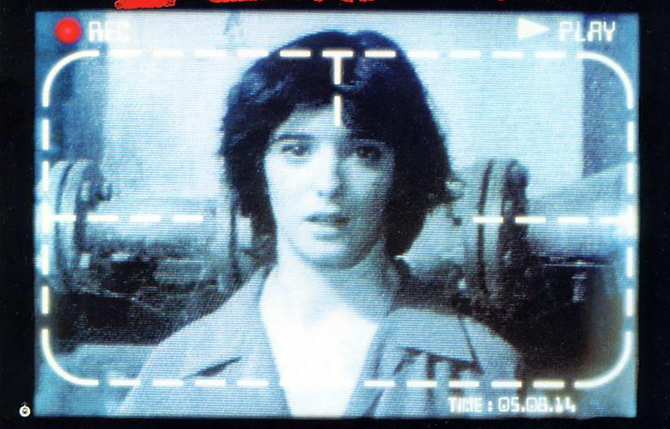
“Tesis” is another film where director Alejandro Amenábar dissects his characters to such an extreme that it is almost difficult for the viewer to understand. It’s one of his best thrillers and again, Amenábar chooses a wide and strong psychological component to solidify the film’s plot.
At the time of release, the director was actually a film student and made “Tesis” with the intent of not only informing film students, but of awakening the Spanish film industry, which was in need of a boost. The movie explores violence in a shocking manner, picking a disturbing theme and a definite taboo: snuff movies.
It was largely inspired by American horror movies and filmed with that intent of inspiration. Violence is natural in human beings, and it’s described as a natural emotion toward others and toward life. Although I agree this film takes a completely different turn and deviates from the norm, “Tesis” describes violence as an inner emotion that is desperate to get out of human’s inner soul, even if those humans have a normal life, like many of the characters dissected in this release.
Despite its violence and strong content, the film received high praise and is a definite must-watch movie for any cinema fan. It features Ana Torrent, one of the best European actresses of her time, and although the rest of the actors aren’t on her level, the performances overall are quite good.
Torrent plays a film student at university named Angela, who is writing a thesis on violence and is interested on violent films for the sole purpose of her thesis. She asks her professor-adviser to rent some violent movies from the university’s video club. Alone and frightened at what he might find, he chooses one hidden film, and what he sees shocks him so much that he ends up dying, beginning a series of frightening events that Angela will have to bear in order to survive.
24. Nueve Reinas (Fabián Bielinsky, 2000)
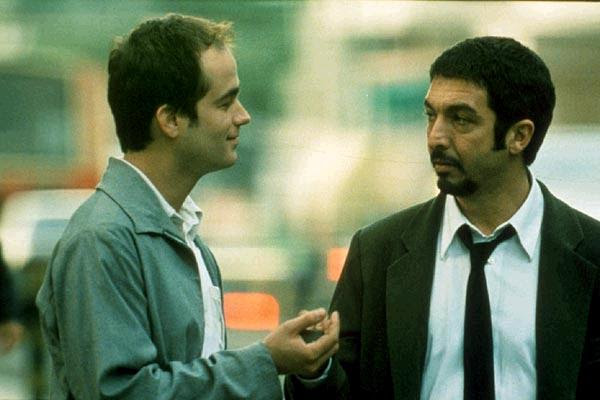
As you will soon see, Ricardo Darín will be featured several times on this list, due to his influence on the modern Spanish-spoken film industry and a clear “landmark” to the film industry after the 90s. He plays Marcos, an experienced con artist who has stopped committing petty crimes.
One day, he catches Juan doing one of those petty crimes, which is proper for beginners, but Marcos sees talent in him and convinces him to join him on his masterpiece of a con. Juan is skeptical at first, but is convinced after Marcos impresses him with some sophisticated and elaborate cons.
The title, “Nueve Reinas”, translates in English to “The Nine Queens”, and it comes from the con itself. The object of their con is an extremely rare collection of stamps, which will be used to con their victims. Soon, other suspicious characters enter the scene and what seemed to be a simple but elaborate con transforms into a sophisticated coup d’état between thieves, heavily motivated by deceit and personal mistrust.